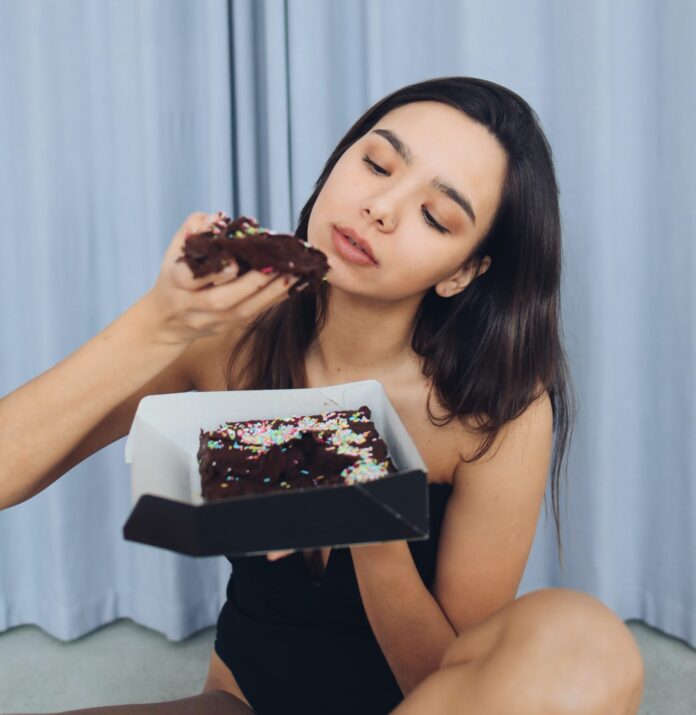Cravings. We’ve all experienced them at some point or another—the overwhelming desire for a specific food that seems to consume our thoughts until we finally give in. While cravings are often attributed to simple hunger or taste preferences, some surprising factors can contribute to those intense hankerings. Join us as we unravel the mysteries behind these unexpected causes of food cravings.
Emotional Rollercoaster
Did you know that emotions can play a significant role in our cravings? Stress, boredom, loneliness, and even happiness can trigger a desire for certain foods. It’s our brain’s way of seeking comfort and pleasure during emotional ups and downs. So, the next time you’re feeling overwhelmed, take a moment to understand the emotions behind your cravings.
Sleep Deprivation
Sleepless nights can wreak havoc on our food cravings. When we don’t get enough rest, our body’s hormone levels, such as ghrelin and leptin, get disrupted. Ghrelin, also known as the “hunger hormone,” increases, while leptin, the hormone that signals fullness, decreases. As a result, we find ourselves reaching for high-calorie treats to compensate for the lack of energy.
Nutrient Deficiency
Our body is a remarkable machine that knows what it needs. Sometimes, intense cravings can be a signal of nutrient deficiencies. For instance, craving chocolate might indicate a need for magnesium, while a hankering for salty snacks could mean our body lacks essential minerals like sodium or potassium. Pay attention to your cravings—they might be your body’s way of asking for specific nutrients.
Mind Tricks and Advertising Games
Ever found yourself suddenly craving a burger or a bag of chips after seeing a mouthwatering advertisement? Food marketers are experts at manipulating our cravings through strategic messaging, enticing visuals, and catchy jingles. Be aware of the power of advertising and try to make conscious choices rather than falling for marketing tricks.
Habits Die Hard
Lastly, our eating habits and routines can strongly influence our cravings. If you’re used to having a sweet treat after dinner or snacking while watching TV, your brain becomes wired to expect those foods at specific times. Breaking the cycle and establishing healthier habits can help reduce those intense cravings






